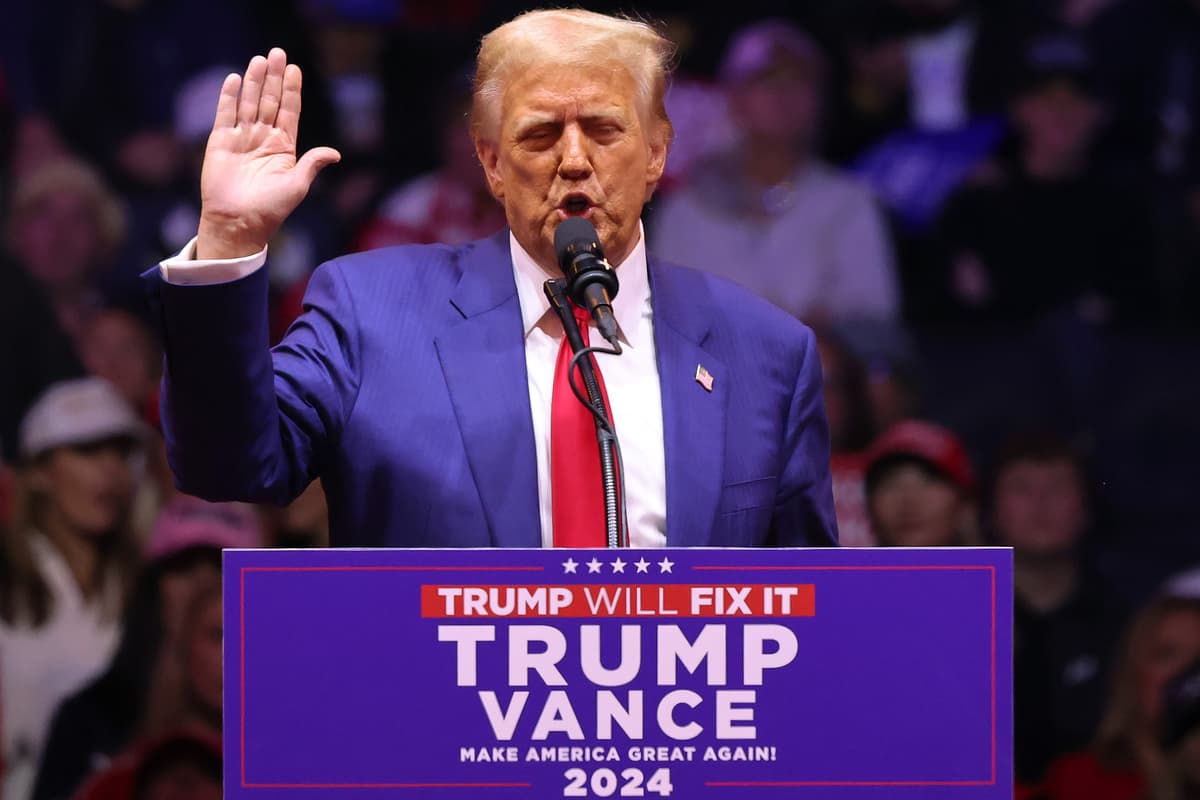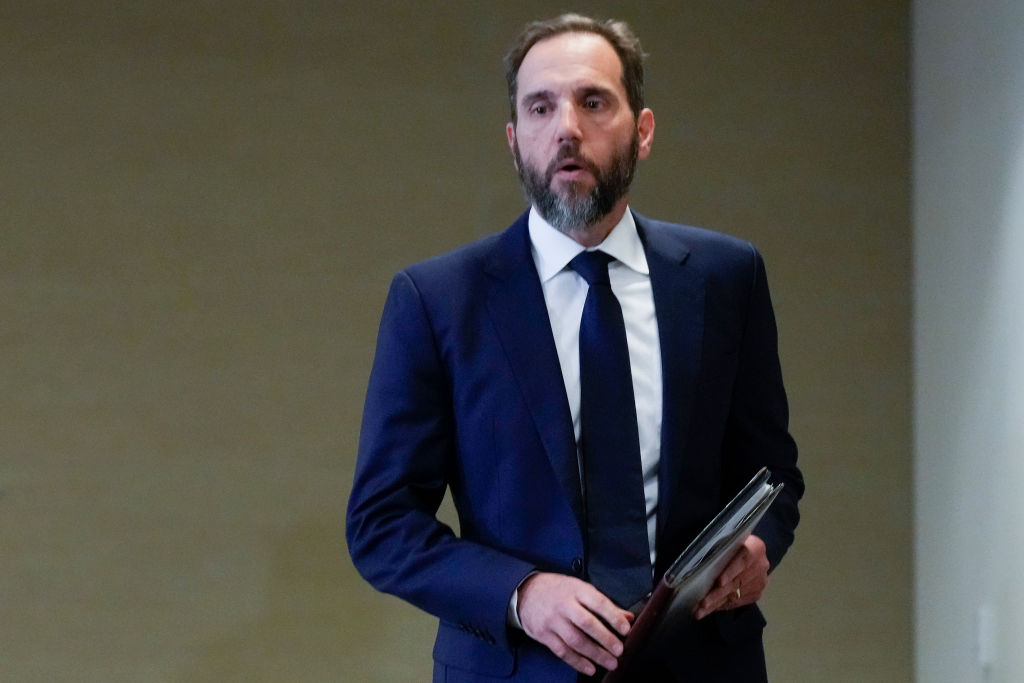If Trump Wins the Election, Jack Smith’s Chances To Convict Him Will Go To Desperate From Decent
A victory for the 45th president would swaddle him in immunities and prerogatives.

The most important upcoming date on President Trump’s legal calendar has nothing to do with filing a brief or making a motion — it is the presidential election to be held on Tuesday, November 5.
The 45th president’s legal fate looks like it will be decided at the ballot box rather than the jury box. While an electoral victory will not be a panacea for all of Trump’s prosecutions, beating Vice President Harris is his key to avoiding prison. It would shift Special Counsel Jack Smith’s chances to desperate from decent.
A Trump victory will upend each of the four criminal cases arrayed against him. His legal team has long pursued a strategy of delay that aimed to push the trials past the election. The vote comes before a verdict has been handed down in all but one of the cases. Only District Attorney Alvin Bragg has taken Trump to trial, let alone secured a conviction. Sentencing will come next month.
The moment Trump takes the oath of office on January 20, the January 6 and Mar-a-Lago cases against him led by Mr. Smith will be frozen pursuant to the Department of Justice Policy that bars prosecuting a sitting president. A memorandum opinion for the attorney general reckons that “a sitting President is immune from indictment as well as from further criminal process. Where the President is concerned, only the House of Representatives has the authority to bring charges of criminal misconduct through the constitutionally sanctioned process of impeachment.”
The DOJ explains that all “officers except the President are subject to indictment and criminal prosecution while still in office; the President is uniquely immune from such process.” That immunity was claimed as long ago as President Jefferson in 1807. The DOJ reasons that “criminal proceedings against a President in office should not go beyond a point where they could result in so serious a physical interference with the President’s performance of his official duties that it would amount to an incapacitation.”

That same logic informed the Supreme Court’s ruling last term in Trump v. United States that official presidential acts are presumptively immune from prosecution, with some of those acts entitled to “absolute immunity.” Trump already enjoys that protection because of his tenure as the 45th president. Mr. Smith, though, is hoping to persuade Judge Tanya Chutkan — and possibly, the Supreme Court —that his election interference case is centered on unofficial acts that are bereft of immunity.
A Trump victory, though, would likely short circuit that effort, which has been gaining momentum since the Supreme Court returned the case to Judge Chutkan’s courtroom. Once Trump is installed at the White House, he could appoint an attorney general to fire Mr. Smith and order the charges dropped. While the special counsel could challenge such a move — “good cause” is required for dismissal, it is difficult to see the cases moving forward without the support Attorney General Garland has afforded Mr. Smith.
The Supreme Court in Trump ruled that the “Executive Branch has ‘exclusive authority and absolute discretion’ to decide which crimes to investigate and prosecute” and that the “president’s ‘management of the Executive Branch’ requires him to have ‘unrestricted power to remove the most important of his subordinates.’” That would appear to preclude a challenge to Trump appointing an attorney general hostile to Mr. Smith.
The Nine also ruled that a president has “conclusive and preclusive” authority over the pardon power for the same reason that he holds absolute sway over the DOJ — the Constitution ordains that the “executive Power shall be vested in a President of the United States of America.” The president also “shall have Power to grant Reprieves and Pardons for Offences against the United States, except in Cases of Impeachment.”
The pardon power does not extend to state prosecutions like Mr. Bragg’s in New York or District Attorney Fani Willis’s at Fulton County. If Trump wins, the Supreme Court could freeze those cases as affronts to the parchment’s Supremacy Clause, which ordains in part that the “Laws of the United States … shall be the supreme Law of the Land; and the Judges in every State shall be bound thereby.”
An unanswered question is whether a possible President Trump could exercise the pardon power on himself. During oral arguments in Trump, Justice Neil Gorsuch wondered whether a parlous grant of immunity might create an incentive “for presidents to try to pardon themselves.” The justice admitted that “we’ve never answered whether a president can do that.”
The Sun has reported on this issue, and the Department of Justice’s advocate in Trump, Michael Dreeben, painted a future where presidents are free to pardon themselves as a “dystopian” one and that such a maneuver would “contradict a bedrock principle of our law that no person shall be the judge in their own case.” Trump, as the 47rh president, could soon test that bedrock.

